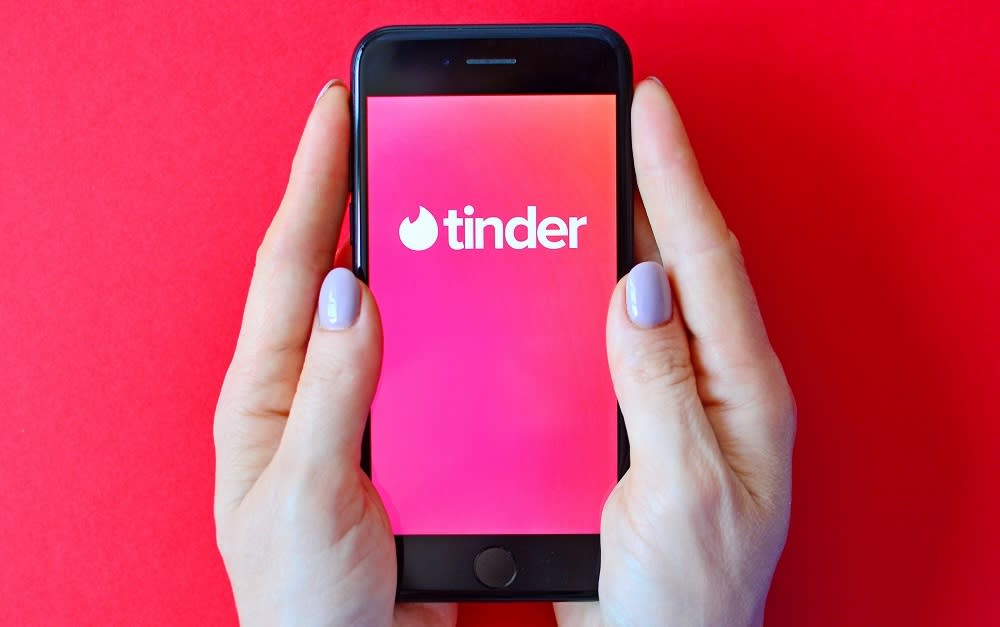Swipe of ‘love’: Do dating apps fuel hook-up, casual sex culture? Malaysian experts weigh in

KUALA LUMPUR, July 17 — Sex nowadays can be just a swipe away for anyone with a mobile phone in hand.
The smartphone era has brought an abundance of convenience to us thanks to innovative mobile applications that help us get our daily chores done with a touch of the finger.
From bill payments to purchasing almost any goods, many things — including finding love — can now be done by tapping on your mobile phone screen.
There are various apps for those looking for a companion to date, have sexual relationships or even a potential life partner.
These apps allow users to shuffle through photos of potential “hot matches” in the vicinity like a deck of playing cards.
Once one finds a photo attractive enough, a swipe to the right would be the first hint to indicate interest.
If the other person answers with a right swipe, then it’s on and they both may opt to go on a date to get to know each other or simply to hook up for sex.
As these apps may bring convenience to users, could the accessibility and almost unlimited selection of faces on display lead to one developing an addiction to the “swipe culture”?
To better understand how such apps affect one’s dating habits, Malay Mail asked psychologists whether such apps may fuel the hook-up culture in Malaysia.
Hook-up culture
For the uninitiated, hook-up culture is one that accepts casual sex encounters such as one-night stands between two individuals without necessarily a committed relationship.
According to consultant psychiatrist Prof Datuk Dr Andrew Mohanraj, the convenience of dating applications may lead to the normalisation of hook-up culture and casual sex as it becomes easier and more accessible to meet new people.
“People may be more willing to engage in casual sex without a commitment and the pressure of a real-life encounter.
“Additionally, they may also be more willing to explore their sexuality and try different sexual partners, as the stigma associated with meeting people for casual sex may be reduced,” said Dr Andrew, who is also the Malaysian Mental Health Association president.
He said such behaviours can lead to negative physical and psychological implications if proper precautions are ignored.
“Online dating apps should also take responsibility to ensure that any users engaging in casual sex are aware of potential risks and how to prevent them.
“The app could also provide adequate resources to users needing support or help.”
Meanwhile, social psychologist Pei Hwa Goh said dating apps do not necessarily lead to hook-up culture.
“This is a chicken and egg problem because just as much as the convenience of a dating app can promote more normalisation of casual sex, such a norm can encourage people to seek out more opportunities to date and thus use dating apps.”
She, however, said there is still no consensus on whether or not hook-up culture is indeed on the rise.
“There is some evidence that things have not been that different in the past, and what seems more prevalent now is simply a result of more exposure.
“In other words, people were more hush-hush about casual relationships in the past than now.”
Mental health implications
Dr Andrew said dating apps have the potential to cause damaging effects on mental health, leading to feelings of anxiety, stress, and even addiction.
“As with any time spent on social media, users of dating apps may experience feelings of being left out, which can lead to feelings of inferiority and anxiety.
“Additionally, using dating apps can become a time-consuming activity and a compulsion that is hard to break.”
For the most vulnerable, Dr Andrew said it can become an unhealthy addiction that may significantly impact their mental health.
“It is important that users of dating apps understand the potential risks and take steps to ensure that their use of the app does not negatively affect their mental health.”
Echoing similar thoughts, Goh said she believes social media use can contribute to social anxiety but more in a way of facilitation or “adding fuel” rather than creating social anxiety on its own.
“The reality is that there is a lot of pressure on us as humans that we put on ourselves to do certain things, to reach certain milestones in life, and to be something or someone.”
Goh, however, said casual relationships can be excellent for personal growth and exploration as it gave them the chance to explore their sexuality, preferences and boundaries.
“You also get the freedom to enjoy sex and enrich your sexual health without needing to be in a committed relationship that you are perhaps not ready for.”
Would it lead to addiction?
As dating apps offer limitless options and allow users to continue shuffling through their choices, some may argue that such a feature may lead to addiction even after one gets into a long-term relationship.
Dr Andrew said this would depend on the individual and their motivations.
“Some people may be motivated to use dating apps to feel validated and affirmed in their relationships, while others may simply enjoy the experience of meeting and connecting with new people.
“It can also be a way to find potential friends, so even when they have found a partner, they may still be shuffling through photos to find others they might be interested in befriending.”
Similarly, Goh said such behaviour solely depends on the individual and the motives.
“The main thing to consider is why people form the so-called ‘shuffling’ habit.
“If this need is fulfilled by a relationship partner, there will no longer be a drive to continue ‘shuffling’. Otherwise, the behaviour will return.”



